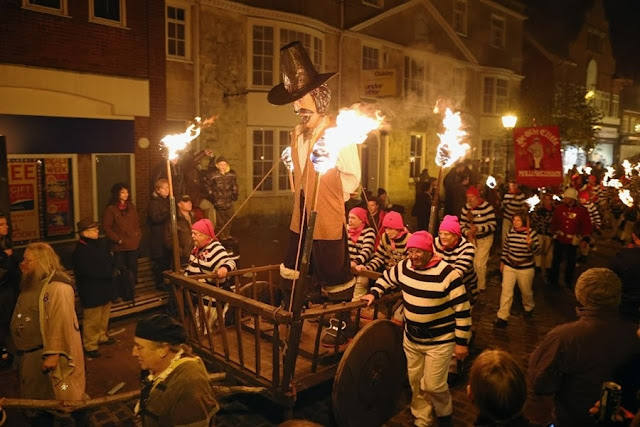Thanksgiving, or Thanksgiving Day, is a holiday celebrated in the United States on the fourth Thursday in November.
As a federal and public holiday, Thanksgiving is one of the major holidays of the year in the U.S. .
What do people do?
Thanksgiving Day is traditionally a day for families and friends to get together for a special meal. The meal often includes a turkey, stuffing, potatoes, cranberry sauce, gravy, pumpkin pie, and vegetables. Thanksgiving Day is a time for many people to give thanks for what they have.
Thanksgiving Day parades are held in some cities and towns on or around Thanksgiving Day. Some parades or festivities also mark the opening of the Christmas shopping season. Some people have a four-day weekend so it is a popular time for trips and to visit family and friends.
Public life
Most government offices, businesses, schools and other organizations are closed on Thanksgiving Day. Many offices and businesses allow staff to have a four-day weekend so these offices and businesses are also closed on the Friday after Thanksgiving Day.. Public transit systems do not usually operate on their regular timetables.
Thanksgiving Day it is one of the busiest periods for travel in the USA. This can cause congestion and overcrowding. Seasonal parades and busy football games can cause disruption to local traffic.
Background
Thanksgiving Day has been an annual holiday in the United States since 1863. Not everyone sees Thanksgiving Day as a cause for celebration. Each year since 1970, a group of Native Americans and their supporters have staged a protest for a National Day of Mourning at Plymouth Rock in Plymouth, Massachusetts on Thanksgiving Day. American Indian Heritage Day is also observed at this time of the year.
Presidential Proclamation -- Thanksgiving Day, 2013 by Barack Obama
For more information use the links:
http://engblog.ru/thanksgiving-day
http://usapublicholidays.com/thanksgiving-day/









